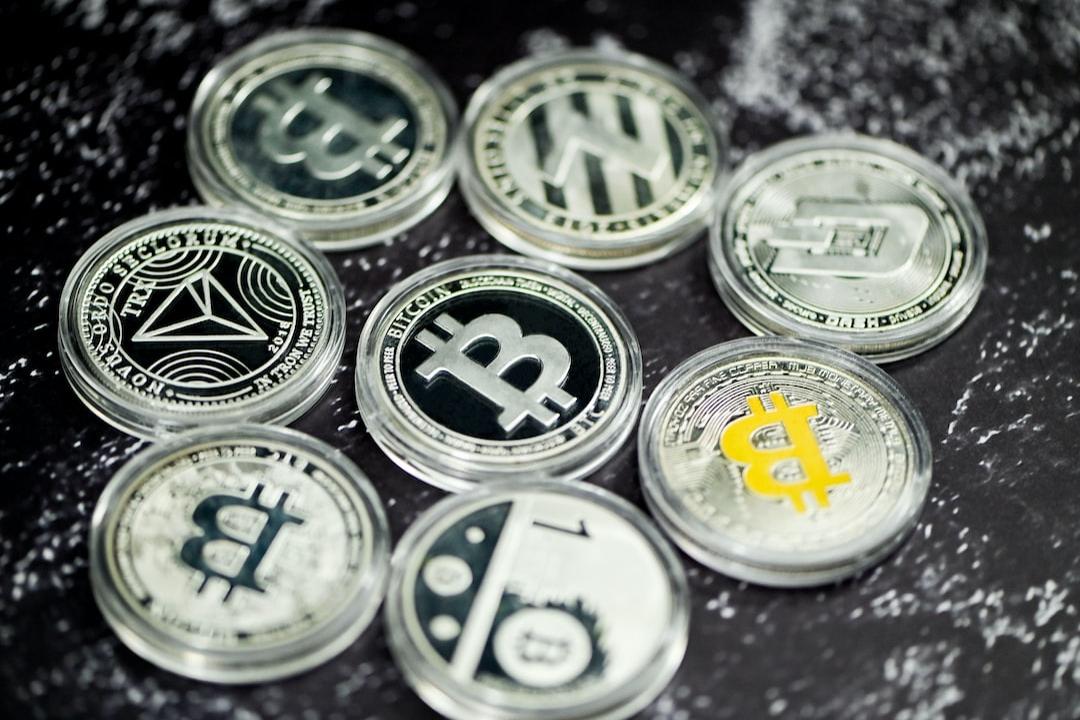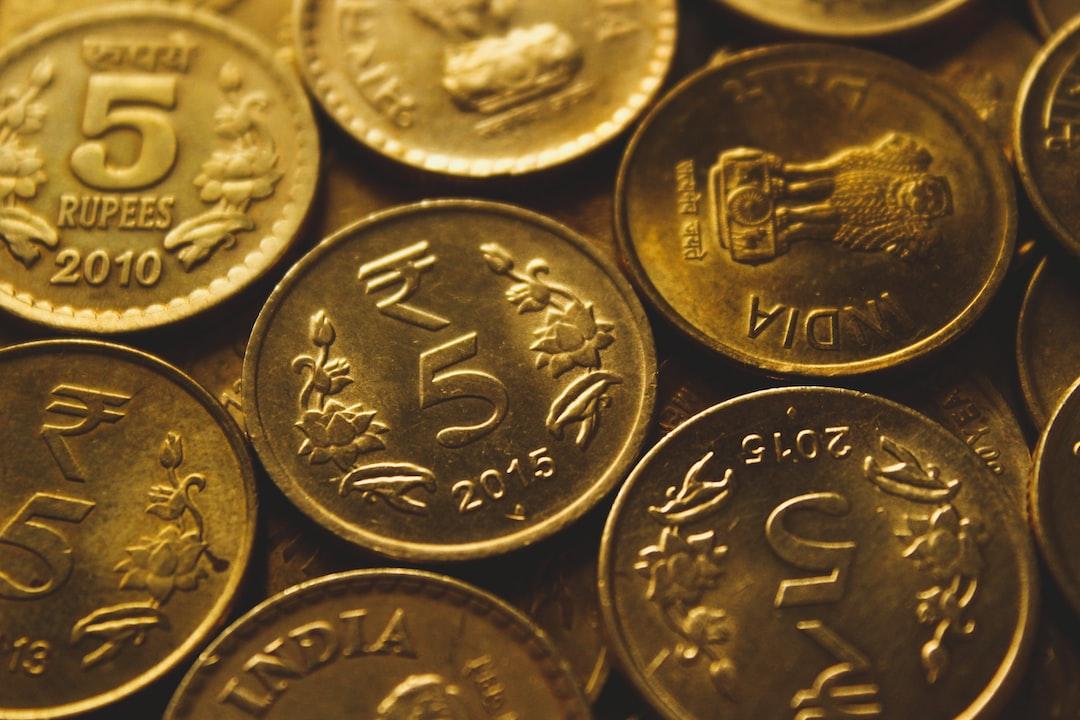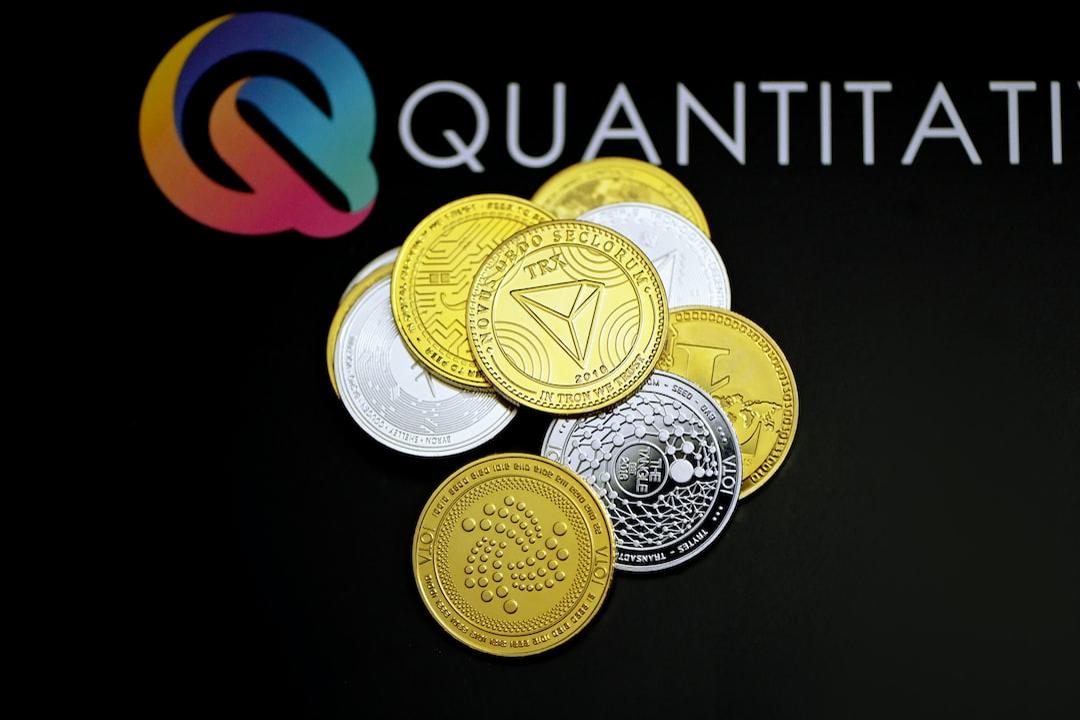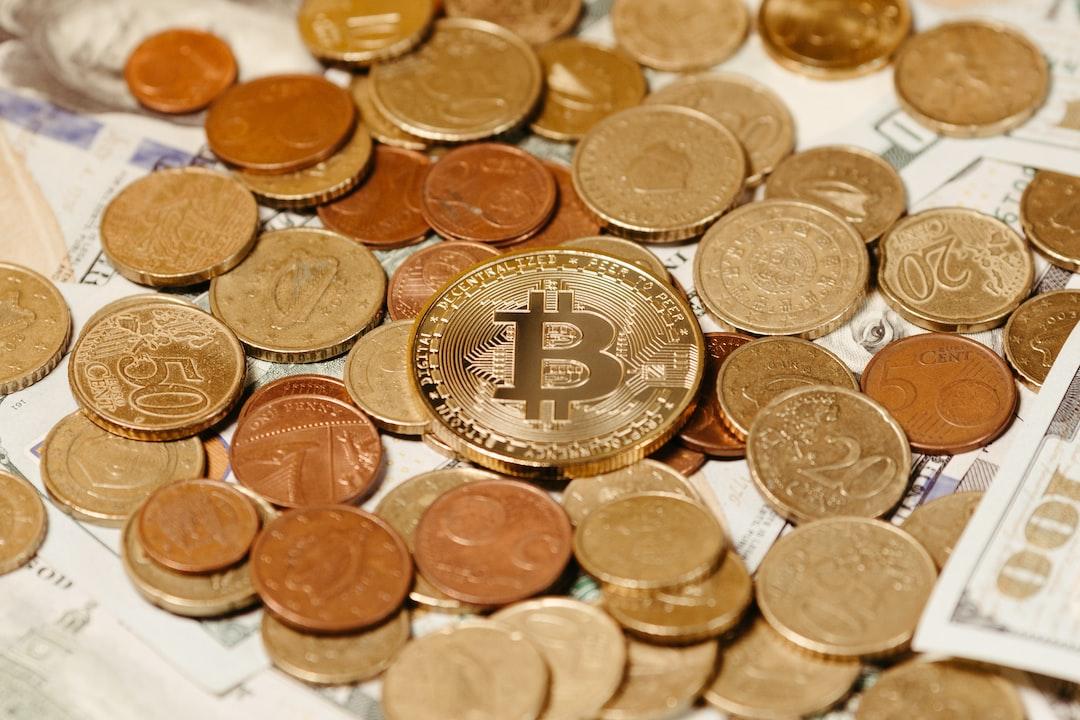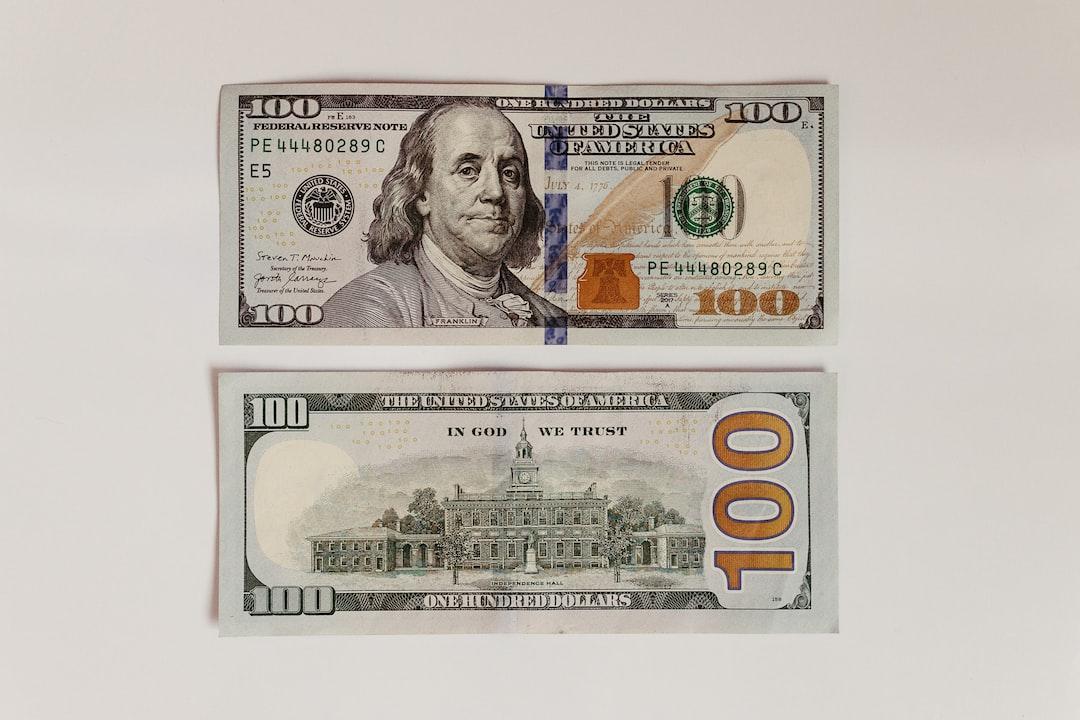
Uniswap Responds to SECs Wells Notice Denouncing Case as Weak and Wrong
Uniswap Labs, the developer responsible for the widely-used decentralized exchange (DEX) Uniswap, has issued a response to the Securities and Exchange Commission (SEC) following a Wells notice against the company last month.
The Wells notice, which typically precedes formal charges, claims that the Uniswap DEX is operating as an unregistered securities exchange and broker-dealer, with the platform’s native UNI token being considered an investment contract.
In a nutshell, Uniswap Labs has retorted to the SEC’s Wells notice, contending that the regulator’s case against them is flimsy and misguided. The SEC alleges that the Uniswap DEX acts as an unregistered securities exchange and broker-dealer, with UNI tokens representing an investment contract.
Uniswap Labs argues that the SEC is trying to extend its jurisdiction beyond its authority and that the majority of trading on the platform involves commodities like ETH, WBTC, and stablecoins. The company believes that Congressional intervention is necessary to regulate the crypto industry and that the SEC should embrace open-source technology instead of trying to litigate it out of existence.
Despite the Wells notice, Uniswap’s trading volume remained robust, with nearly $3 trillion in volume in the days following the notice. In a detailed 43-page submission published recently, Uniswap Labs laid out its case for why the SEC should not pursue legal action against them.
The company contends that the majority of trading on the platform involves commodities such as Ethereum (ETH), Wrapped Bitcoin (WBTC), and stablecoins, which account for approximately 65% of the total trading volume. Uniswap Labs’ Chief Legal Officer, Martin Ammori, took to social media to further explain the company’s stance, stating that the SEC’s arguments are “weak and wrong” and rest on the false assumption that nearly all tokens are securities.
Ammori emphasized that tokens are merely a file format, like PDFs or JPEGs, and can represent any value, with the vast majority representing commodities, memes, and access to useful networks. The company also highlighted the decentralized nature of the Uniswap protocol, noting that it does not maintain user accounts or collect personal data, which complicates the SEC’s push for increased transparency and regulatory oversight.
Uniswap Labs believes that Congressional intervention is necessary to properly regulate the crypto industry and that the SEC should embrace open-source technology that improves outdated commercial and financial systems instead of trying to litigate it out of existence.
The response from Uniswap Labs comes amidst a broader crackdown by the SEC on the crypto sector, with a particular focus on Ethereum and decentralized finance (DeFi) players in recent months. The agency has issued Wells notices, filed lawsuits, or reached settlements with several crypto firms, including ShapeShift, TradeStation, and Consensys, which preemptively sued the SEC in April, alleging overreach on the part of the regulator.
The industry argues that if Ethereum’s native token, ETH, is classified as a security, it could have far-reaching implications for the future of the Ethereum network and many adjacent crypto firms. Exchanges would be forced to choose between registering with the SEC or delisting ETH altogether.
Despite the looming legal challenges, Uniswap’s trading volume remained strong in the days following the Wells notice, with nearly $3 trillion in volume recorded. The DEX continues to be one of the largest decentralized exchanges by volume, bringing in $71.45 billion in spot volume in April alone, which accounted for 56% of the month’s total volume.
As the crypto community awaits the SEC’s next move, Uniswap Labs remains confident in its position, with Ammori stating,
![]()
Advertise Here



